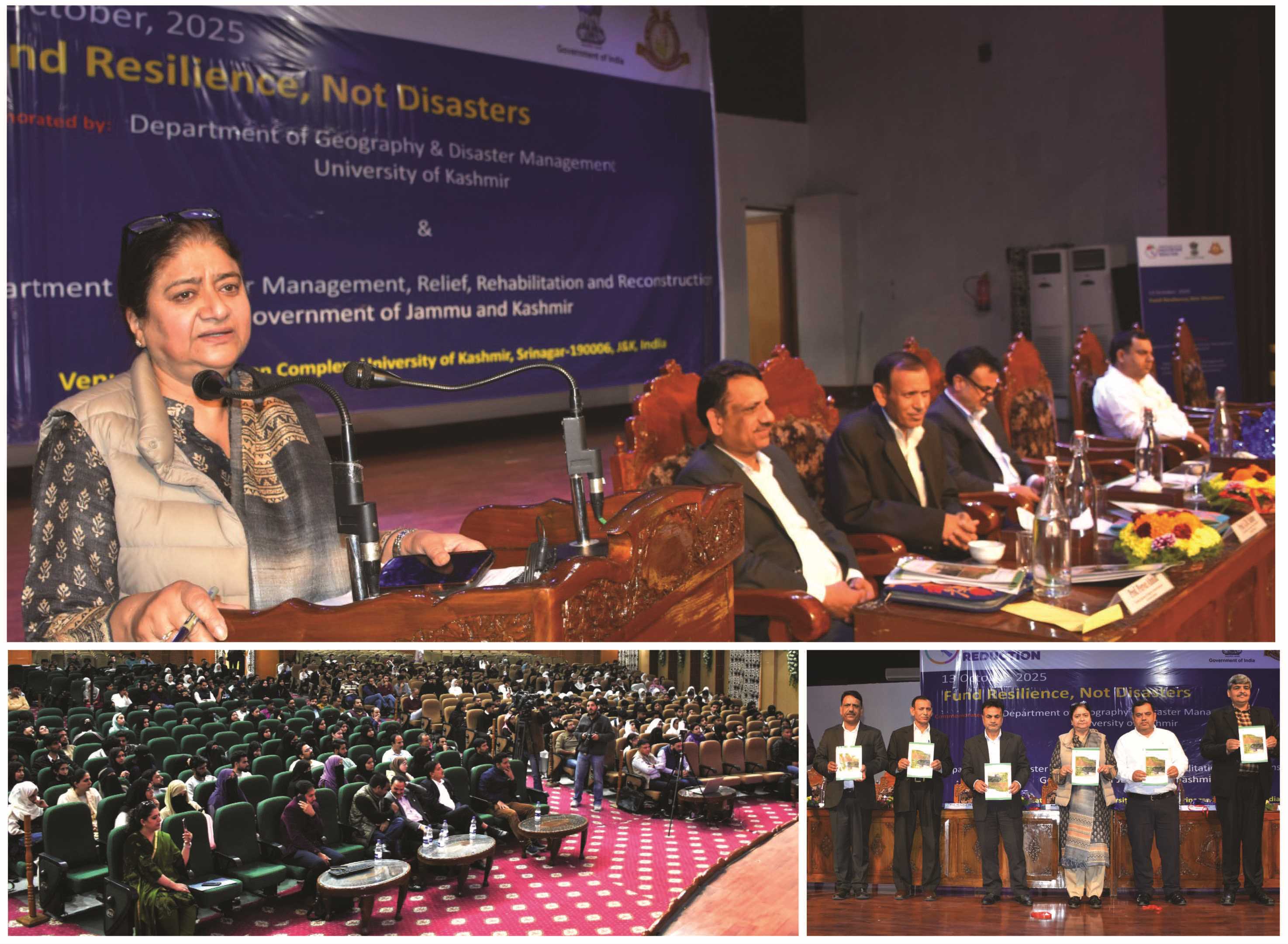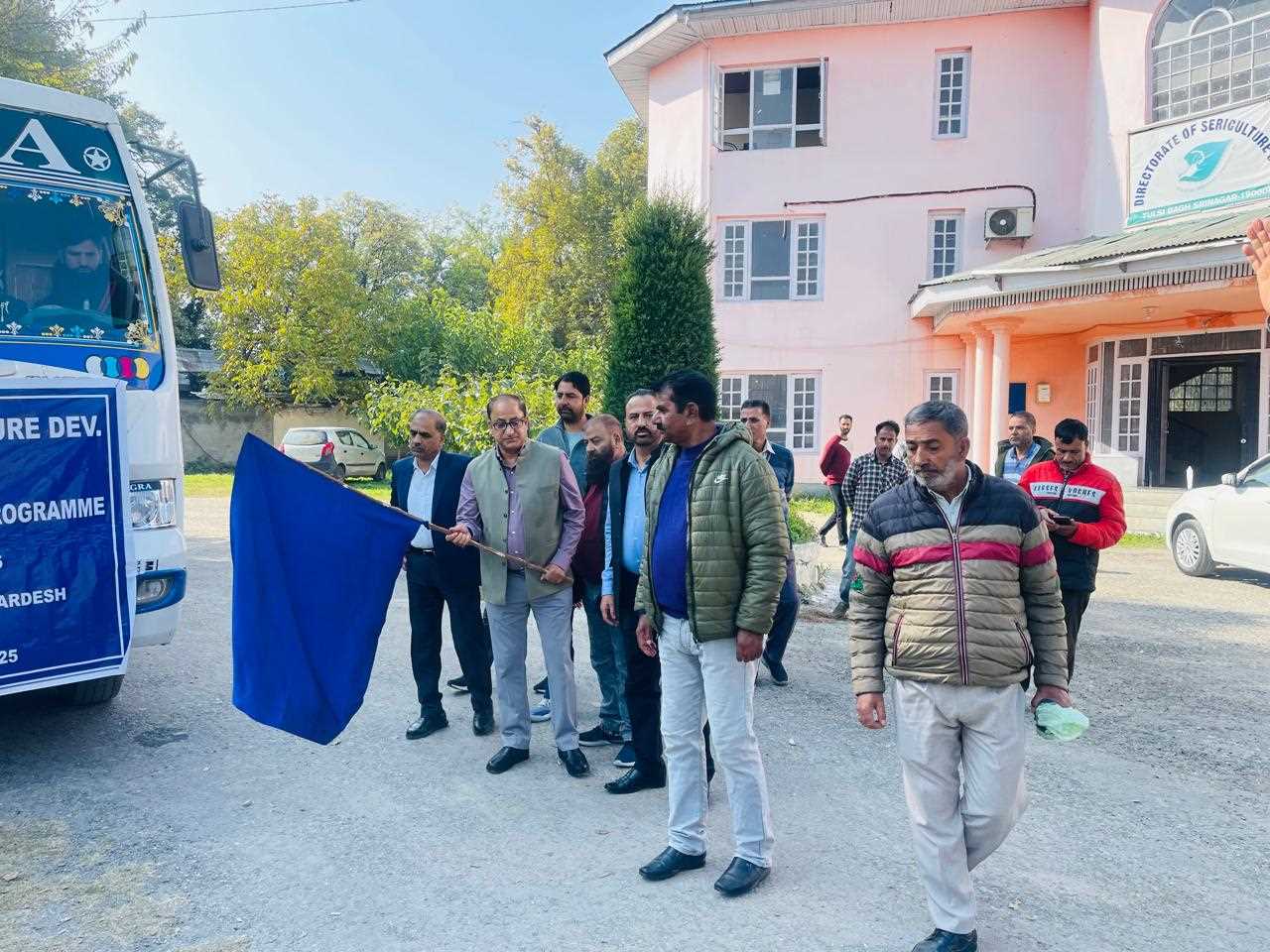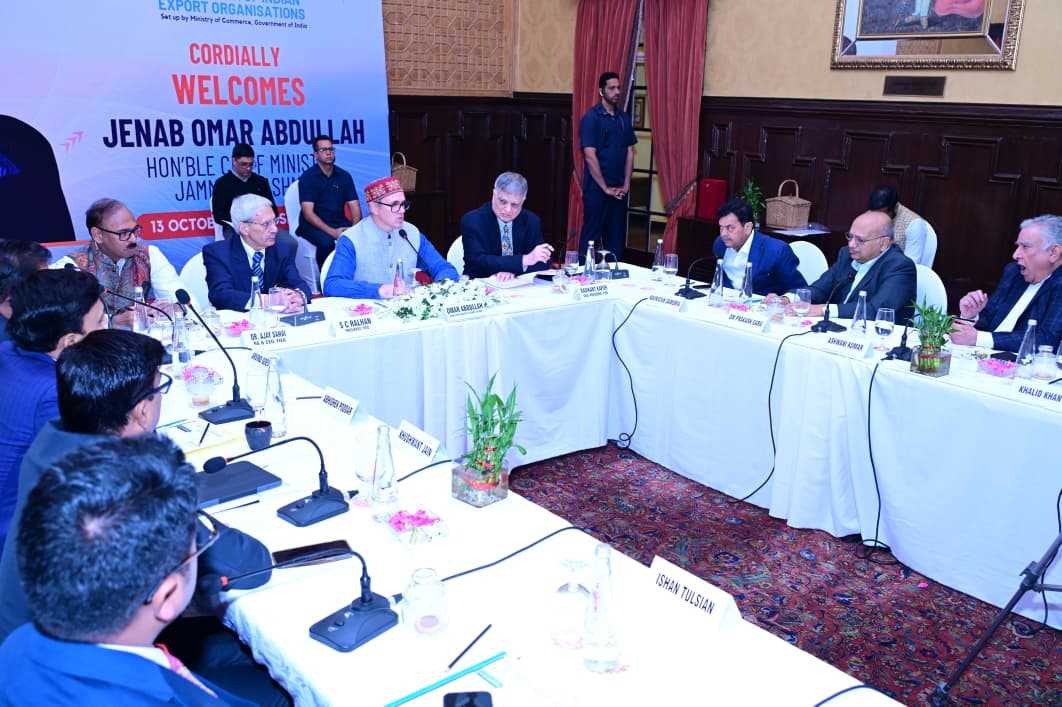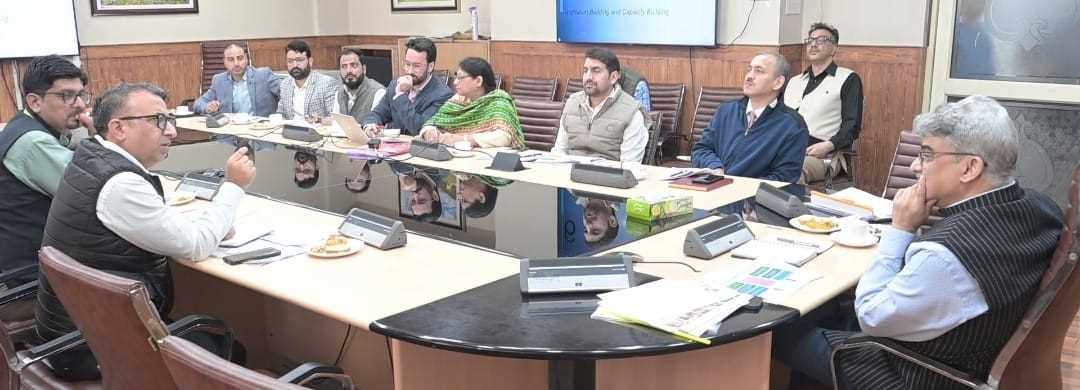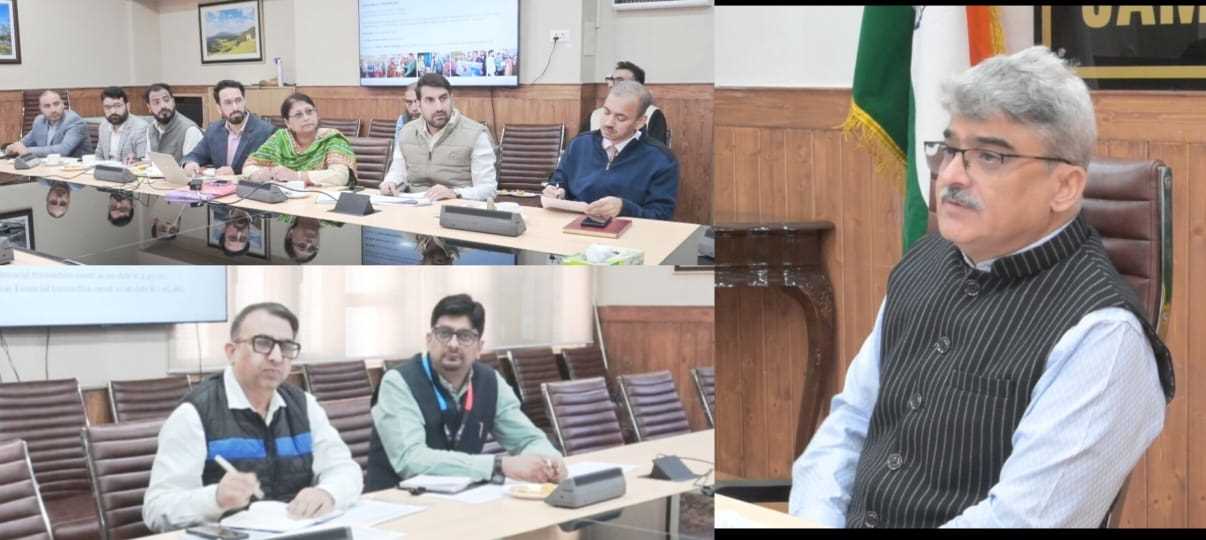The Department of Geography and Disaster Management, University of Kashmir (KU), in collaboration with the Department of Disaster Management, Relief, Rehabilitation and Reconstruction (DMRRR), Government of Jammu & Kashmir, organised a special event to commemorate the International Day for Disaster Risk Reduction (IDDRR) 2025 at the Main Campus.
The 2025 commemoration, themed “Fund Resilience, Not Disasters,” focused on the importance of investing in disaster prevention and preparedness rather than relying on reactive response measures. The observance aimed to highlight the growing financial and social burden of disasters and the need for risk-informed policies that strengthen community resilience.
In her presidential address, Vice-Chancellor KU, Prof. Nilofer Khan, said, “Disasters expose the deep inequalities in our societies. The poorest and most vulnerable are often the worst affected and the least equipped to recover. Building resilience requires that we address these underlying vulnerabilities through inclusive, equitable, and proactive planning.”
Dean Research KU, Prof. Mohammad Sultan Bhat, noted that disasters are becoming increasingly costly, with global losses running into billions of dollars each year. Mr. Giasul Haq (JKAS), Additional Secretary to the Government, DMRRR J&K, highlighted the need for coordinated institutional efforts to strengthen disaster preparedness and ensure effective implementation of risk reduction strategies at the local level.
Prof. Peter Sammonds, Professor of Geophysics and Climate Risks, University College London (UCL), in his virtual keynote address, said that disasters arise largely from societal vulnerabilities, highlighting the need for strong governance, equitable planning, and community preparedness.
Registrar KU, Prof. Naseer Iqbal highlighted the importance of preparedness and ensuring the availability of safety equipment during disasters, while Dr. Jagvir Singh, Scientist-G and Advisor, Ministry of Earth Sciences, GoI, in his online address, highlighted the importance of integrating scientific research with community-based approaches to strengthen disaster resilience. Ms. Snober Jameel, Under Secretary, DMRRR J&K, emphasized the active role of youth in strengthening disaster resilience.
Earlier, Prof. Pervez Ahmed, faculty, Department of Geography KU, welcomed the participants and introduced the event’s purpose. The event proceedings were conducted by Dr. Akhtar Alam, faculty, Department of Geography KU, while the vote of thanks was presented by Prof. G. M. Rather, Head, Department of Geography, KU.
The event also engaged students and faculty from allied departments of the University and its constituent colleges in a road show within the campus, featuring placards and banners to raise awareness about the critical role of education in disaster risk reduction (DRR).
Officials from DMRRR J&K presented the department’s role and functions in disaster management, followed by live demonstrations and awareness sessions by the State Disaster Response Force (SDRF). The drills focused on improving preparedness for natural and man-made disasters through mock exercises and hands-on training in disaster response, first aid, CPR, search and rescue operations, and casualty transportation.
The event was attended by various heads of departments, faculty members, research scholars, and students from the Main campus, affiliated colleges, and various schools across the valley.
